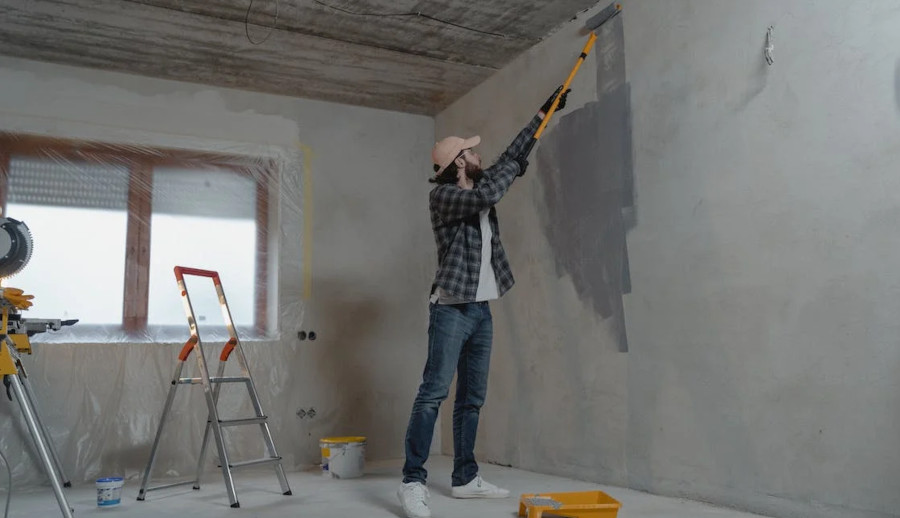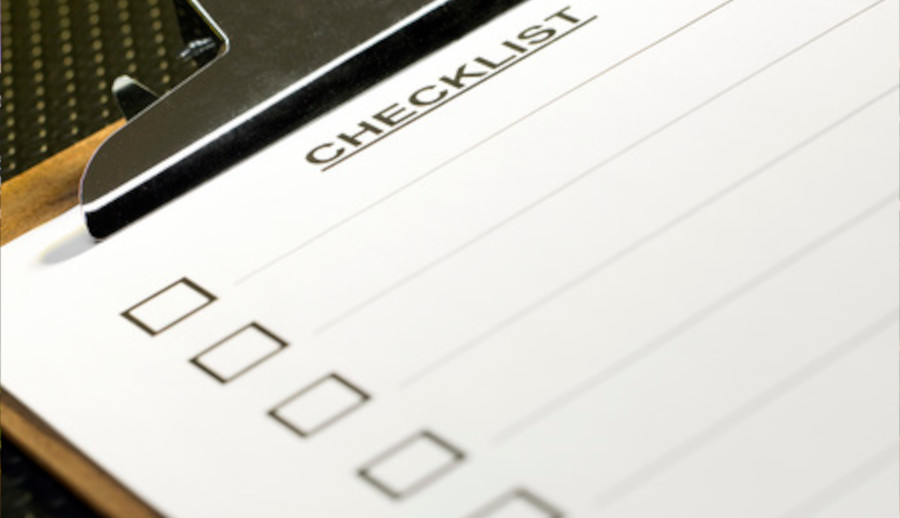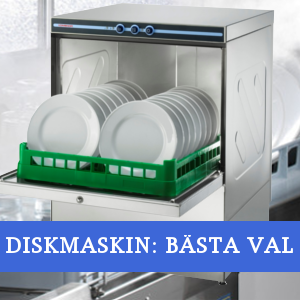Öppna café
In this article, you may like to start, take over or running a small simple cafe find information that's important to you and your business.
The information comes mainly cafes where you can not cook, but can be applied to many types of café. If you also cook in your cafe are higher demands on the business and then you need more information about it. The food law is no clear definition of what a café is. It serves you to be safe food. Anyone who serves or sells food to the public is responsible for food is safe to eat. Even if you have a business that does not need to be registered with any inspection, you are responsible for what you are selling is safe. If the business should be registered or not depends on how big it is and the continuity of its. A-stake sales leads, as a market, can be a business that does not need to be recorded. Other examples of activities that do not need to be recorded is when a barber serves, such as coffee and cakes, and when the parents loved ones as a kid can sell at the school. To find out if your business needs to be registered or not, you should contact your local authority.
Starting the business
Contact the municipality: When you want to start a food business, For example, a cafe with continuous sales, you must register it with the control. In this case, the environmental office in your municipality. Rooms or areas of your business does not have to be inspected before the commencement. Operations may commence 14 days after the municipality has received your notification. Until some time after you have started your business, the municipality visits. The municipality charges a fee when handling notifications for registration and annual inspection fee.
What you need to include in the application for registration of your establishment:
• food business name and address
• Corporate, social or coordination number
• Lokal, space or place of business should be conducted
• A description of the nature and scope
• Additional information required by the control requests
• Also note that special permission if you want to have outdoor dining. Such permission is to apply also if the municipality.
Other permits and registrations
It's not just food law that requires you to start or run a business. National Tax and Companies Registration Office has a joint service of registration of companies. The local authority can inform the authorizing:
• Alcohol service and sale of beer
• street fairs and outdoor dining
• flammable products, köldmedier
• Build, VA connection
• grease removal, ventilation control, sooting
• garbage collection, sorting, hazardous waste
• returemballage
Find out what rules apply
The rules are there to protect the consumer There are two main purposes of food legislation:
• to protect consumers from food injurious to health
• that the label will provide the consumer with sufficient information to allow him or her to do their own and safe choices. Labelling and presentation of foodstuffs must not mislead the consumer.
This applies to all food businesses
Liability: You as a business owner is responsible for the food that you manufacture, transports, storing or selling. It is, for example, to follow the rules of safety and labeling.
Traceability: It should be quick to identify a supplier and a party.
Openness: You should immediately inform the competent authorities and consumers if there is reason to suspect that a food is unsafe.
Prevention: You should regularly review the critical points of your business and ensure that checks are made on them.
Control: You shall ensure that operations meet the objectives of the legislation.
Check your own business
What is it they should check? Your own control is your own system to be sure that your business meets the requirements of the legislation and that the food you serve is safe. You should have set procedures for what to do and how to do it. The routines should be written down, but there is no requirement for a small cafe. This article is for those who have a simple business, For example, spreads sandwiches, heats finished pies and bakes buns and cakes. Also for this type of activity is a part to consider when it comes safe food handling.
Pests should be kept away: Rodents, insects and birds considered pests. They can bring disease and destruction of food and equipment. Therefore, you should have thought through how to prevent and control pests. The premises shall be designed so that pests are kept away. Other good way to prevent is to have good waste management.
Temperature: It is your responsibility to foods kept at the right temperature. It is important to keep the "cold chain", ie chilled foods are chilled temperature until used. The safest way to thaw frozen food is to thaw it in the fridge.
Cooked food should be cooled must be cooled as quickly as possible. Milk to be standing in front of the guests can be set on a cooling plate.
Delicate foods: Some foods are more sensitive than others. Prawns, eggs and ham are examples of sensitive foods that pathogenic bacteria can grow if the goods are not kept cold. If, for example, on sandwiches or in a salad, they must be kept refrigerated until ready to be served.
Drinking water: If you do not use municipal drinking water, without taking water from private / individual supply, you should notify the local authority that when you register your business. OBS! Remember that the ice must also meet the requirements for drinking water!
Marking: Labelling is important that you should know what you are buying. The main rule is that all pre-packaged food must be labeled. However, there are some exceptions. If you are in your cafe for example, sells wrapped sandwiches, as you have done in order, they need not be marked. Unpackaged food sold over the counter does not need to be labeled. You should however be able to explain what's in the unmarked foods. OBS! Note that the label includes both text, images and other decorative directly connected to the sale, such as signs and shelf edges.
Traceability and recall: For all food businesses are requirements for traceability. The rules require that you can quickly tell where you purchased or received your goods. Thereby saving receipts and bills of lading. You must be able to produce information about leveratörens name and address. What should be documented in the supplier's name and address, what has been purchased, when and how much. This means for example that you can save receipts and any shipping labels on the foods you buy. If you suspect that a food that you have served
not sure you need to inform your suppliers and control of this. If you have to withdraw a food can, thanks to traceability, identify potential sources and spread.
Reduce the risk of allergy: Allergens are natural substances which may be present in the food. Allergen Erna, usually proteins, can cause severe reactions in those who are allergic to substances. Sometimes just a tiny amount to an allergic person to become very ill. The foods that contain known allergens should be labeled with this. Sometimes allergens present in food through pollution or other. It is important that you as a food business eliminates the risk that your products become contaminated with allergens in the production chain.
Requirements for Your Business
Knowledge: As a food business, it is very important to have knowledge of agents, of contamination, personal hygiene and allergens, substances that can cause allergic reactions to. A common cause of food poisoning is insufficient knowledge on food hygiene. You're in the food business operator responsible for you and any staff have the right skills. There are no requirements for special education.
Personal Hygiene: There must be procedures for personal hygiene, so that food is not contaminated by those handling the. This can involve both bacteria, viruses and allergens. If you have a disease or symptom that gives nausea, vomiting, diarrhea, hosta, ont i halsen, cold or sore, there is a risk that you transmit infection to food. Remember that you can spread the infection without actually show symptoms. If you have wounds, cover them with patches. Wounds on hands must be waterproof plasters and you should use gloves. Washing hands is among the most basic of hygiene. By effectively wash your hands if necessary to avoid dangerous bacteria spread to the food. For the same reason, it is important to clean and functional work.
Premises and equipment: Ditt cafés lokaler, furnishings and equipment must be designed so that it is possible to keep clean. The legislation does not provide detailed information on how facilities and equipment shall be designed. You are responsible for designing the premises so that they are appropriate and functioning.
Some tips for premises:
Easy to clean: It should be easy to clean room. Local and equipment should be designed to prevent dirt and leftovers collected. You should be able to access to clean all areas. Materials that come into contact with foods must be designed so that they can be cleaned. In your room, you also need to clean and store equipment. The venue will also be safe from pests viewpoint.
Flow: Consider designing the room to avoid the "intersecting flows". That which is pure should not come in contact with that which is dirty. Customers should not have to go through areas where food is prepared. There should be staff toilet with sink and must not be in direct connection with the preparation.
Storage: Remember that it should be enough storage space for food and equipment. Storage on the floor and prevents the cleaning is not appropriate. Food, eg raw and cooked foods, often need to be kept separate to avoid contamination. Also keep in mind there may be substances that can cause allergies. Cleaning equipment will also need a separate room to avoid contamination. Obviously you need to have your own garbage container / space.
Washing and Cleaning: Dirt and food particles gives bacteria the opportunity to grow. Through careful cleaning prevents bacterial growth and thereby reduce the risk that customers will get sick of the food.It is important to distinguish between clean and dirty handling. Dirty dishes should for example have their own vanity surfaces, so as not to dirty clean utensils.
Control and charge
Production and control go hand in hand: When starting your business you also begin to apply your control of your business. Organize any routines, document, recipes and the like used in your business. Try to develop and improve your control if it goes! Even if you have good conditions and control your work, you should continue to work to improve your system. Note that if your business changes, For example, if you add new types of products, there may be new demands and require new routines.
Control Authority's visit: Control Authority, usually municipal environmental offices, check that your food company lives up to the requirements of livsmedelslagstiftningen.En inspector from the municipality assesses if your business meets the legal requirements. To do so requires the inspector access to its premises to check and possibly take samples. You will need to describe the procedures you have in your business and show any documentation. Checking may also include follow-up work instructions, questions about staff responsibilities, etc.. Check to work support and the opportunity for you as a business and for your business. If the inspector will comments on your business, take the opportunity to ask so that you understand the problem and any connection to legislation. You are entitled to a written report on any deviations from regulatory requirements. Note that the control can be pre-registered, but also unannounced. Can you show that you have a good control of your business, reduce the need for municipal control.
The municipality charges a fee: The municipality charges a fee for the registration and control. How much you need to pay the inspection fee depends on how great the need is to control your business. The municipality assesses the need and give you a decision on checkout time. Each municipality decides on an hourly rate for food control in the municipality. Your annual regularizing calculated by multiplying the control time with the hourly rate. For example, 2 x hours 1 000 kr = 2 000 NOK in annual supervision. Although the fee is paid annually, it is not certain that the municipality visit you every year. The time given to you in your decision is the time that the municipality will use to control your business. Time should cover both preparation, monitoring visit and any follow-up work at the municipal offices. Travel time is not included in the control time.
SOURCE TEXT AND FOOD AGENCY
http://www.slv.se/upload/dokument/livsmedelsforetag/broschyrer/11-562% 20SLV% 20% 20Kaf% C3% A9_G.pdf

 Marketing8 years sedan
Marketing8 years sedan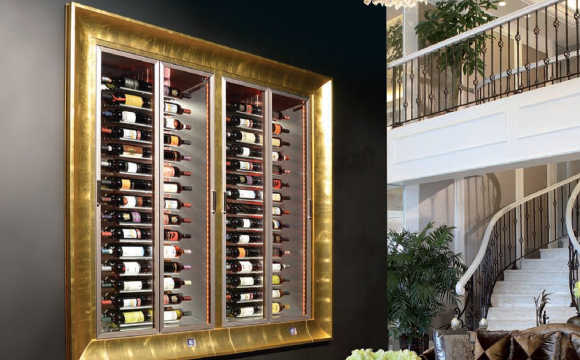
 Intressant8 years sedan
Intressant8 years sedan
 Starting Restaurant12 years sedan
Starting Restaurant12 years sedan
 Tips9 years sedan
Tips9 years sedan
 Marketing8 years sedan
Marketing8 years sedan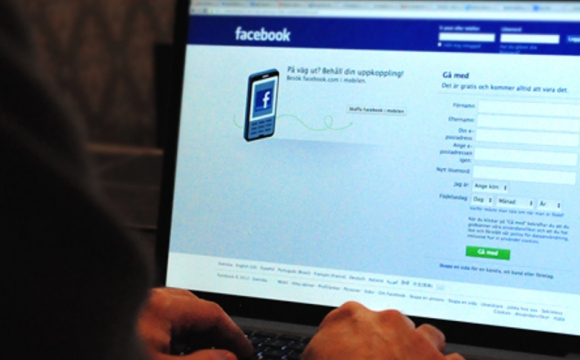
 Marketing13 years sedan
Marketing13 years sedan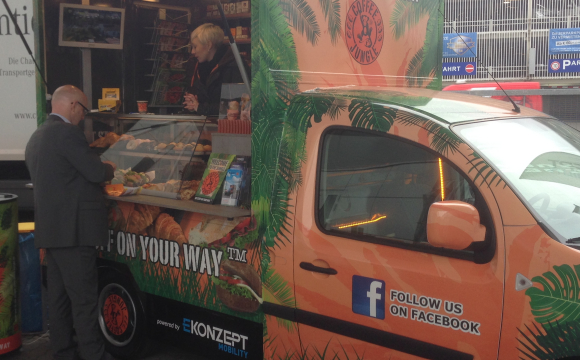
 Intressant8 years sedan
Intressant8 years sedan
 Starting Restaurant14 years sedan
Starting Restaurant14 years sedan





